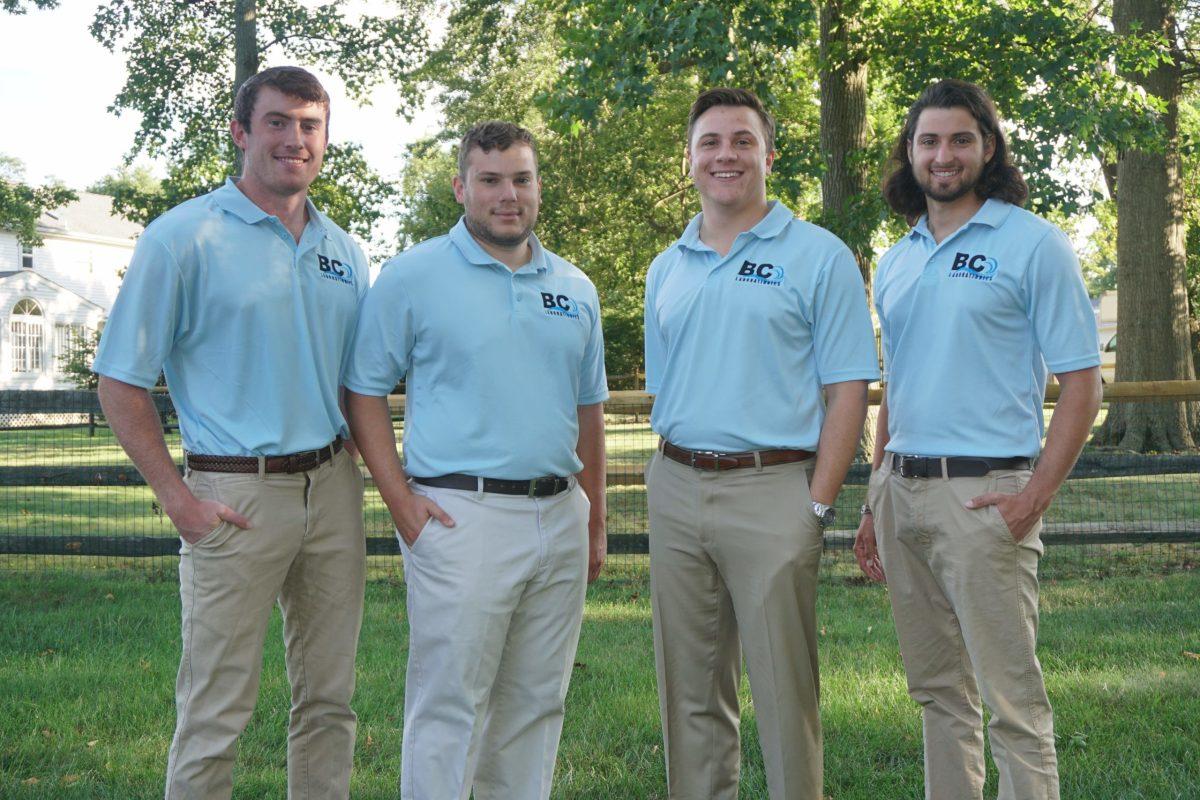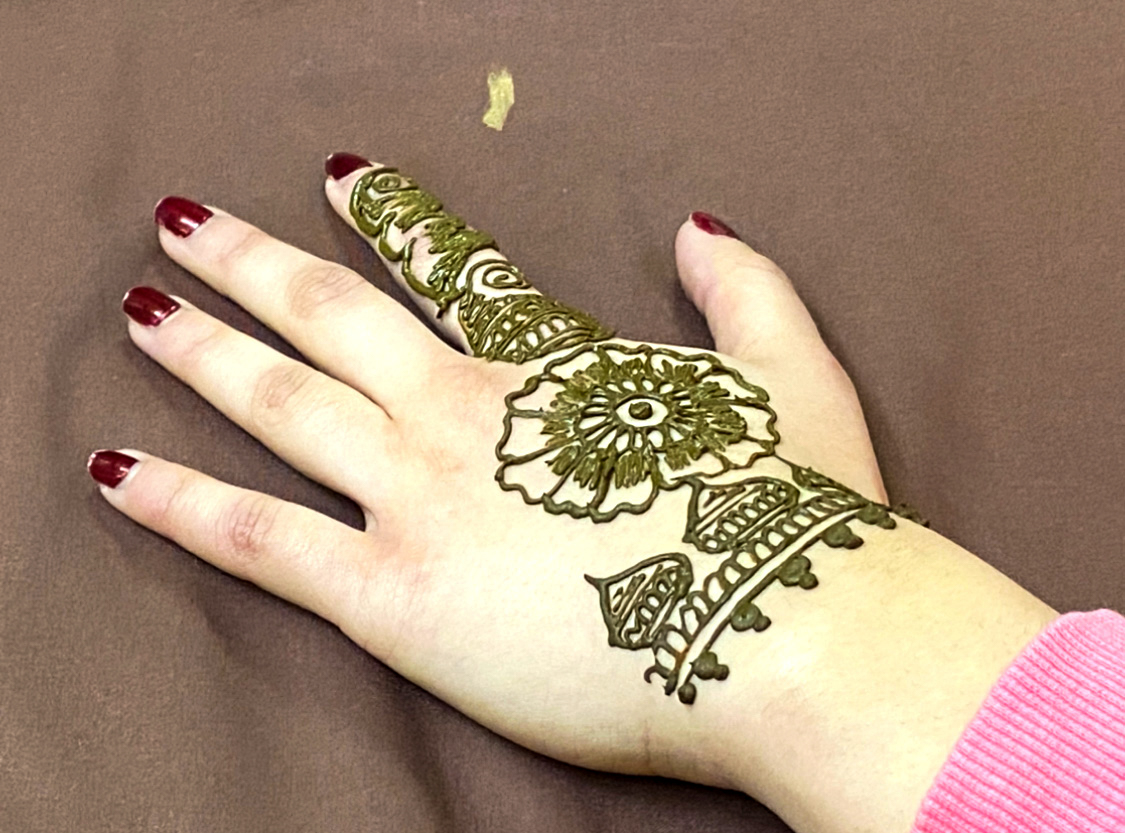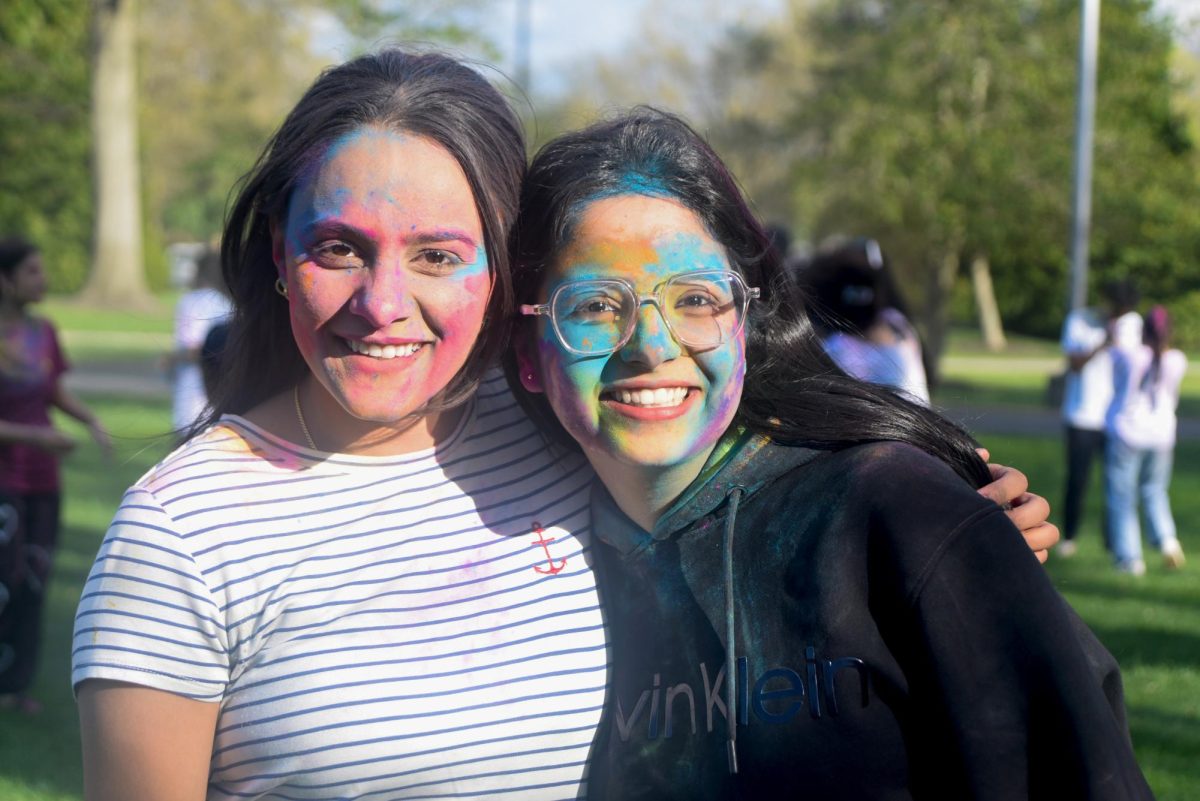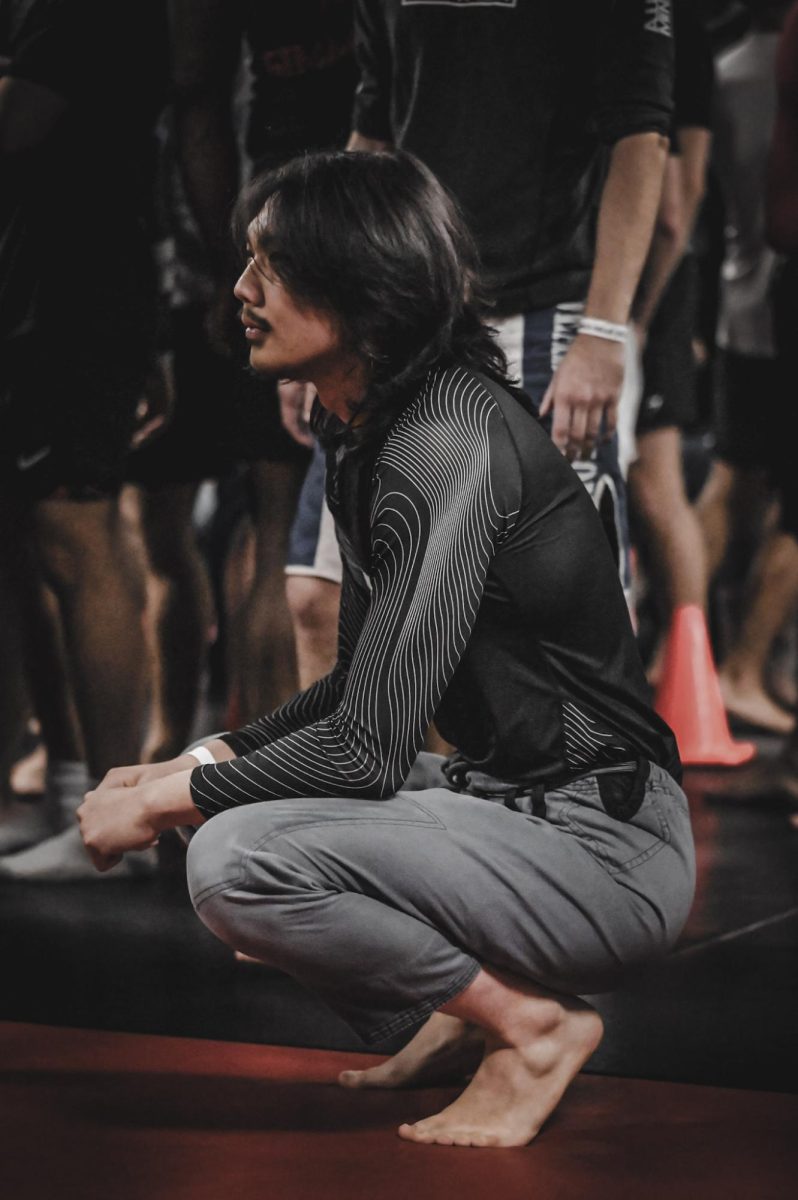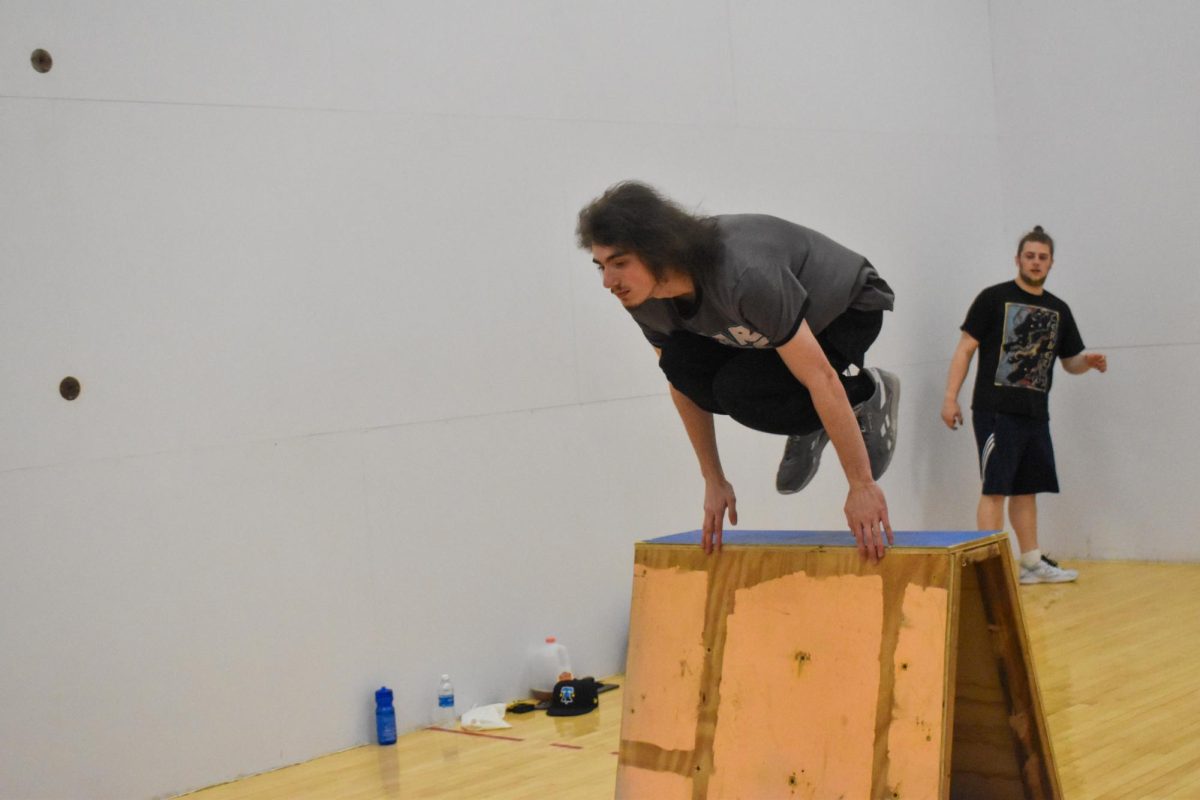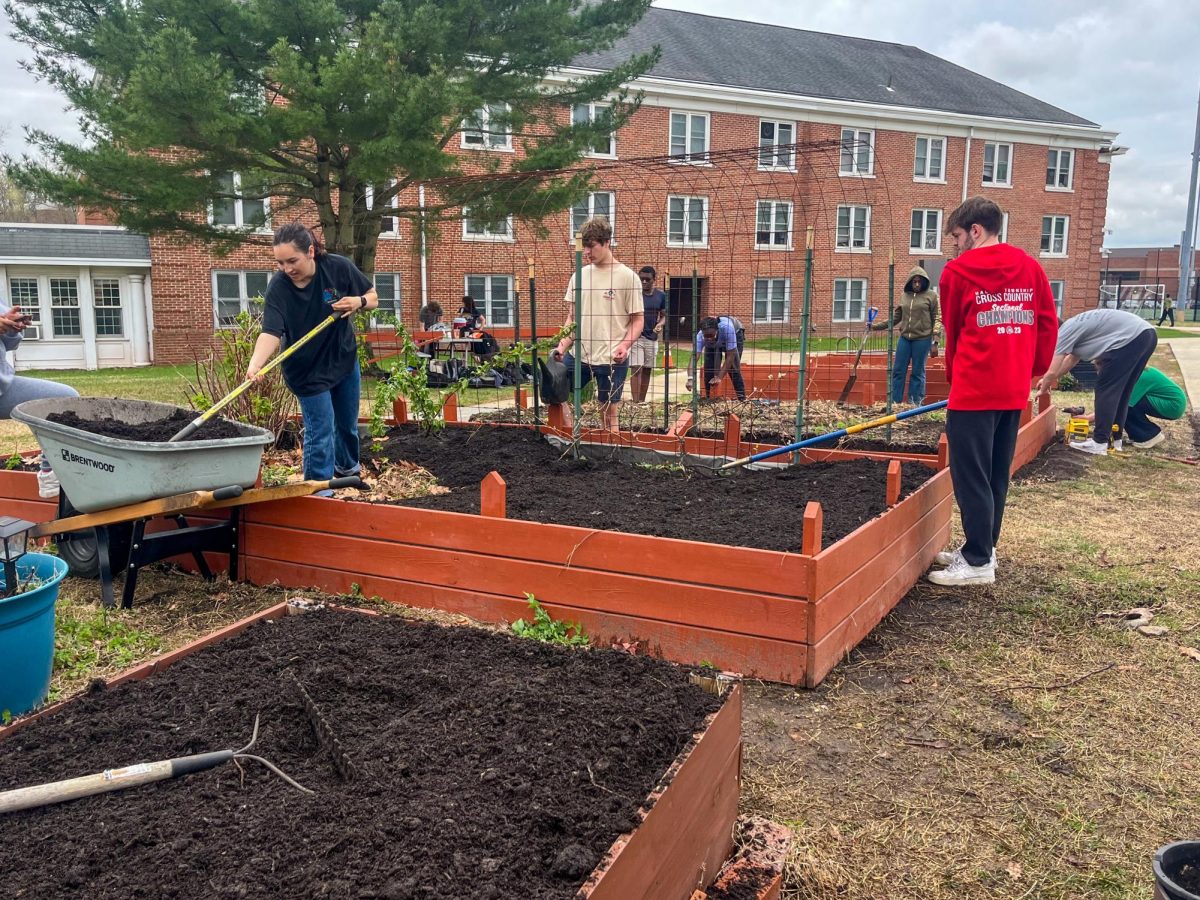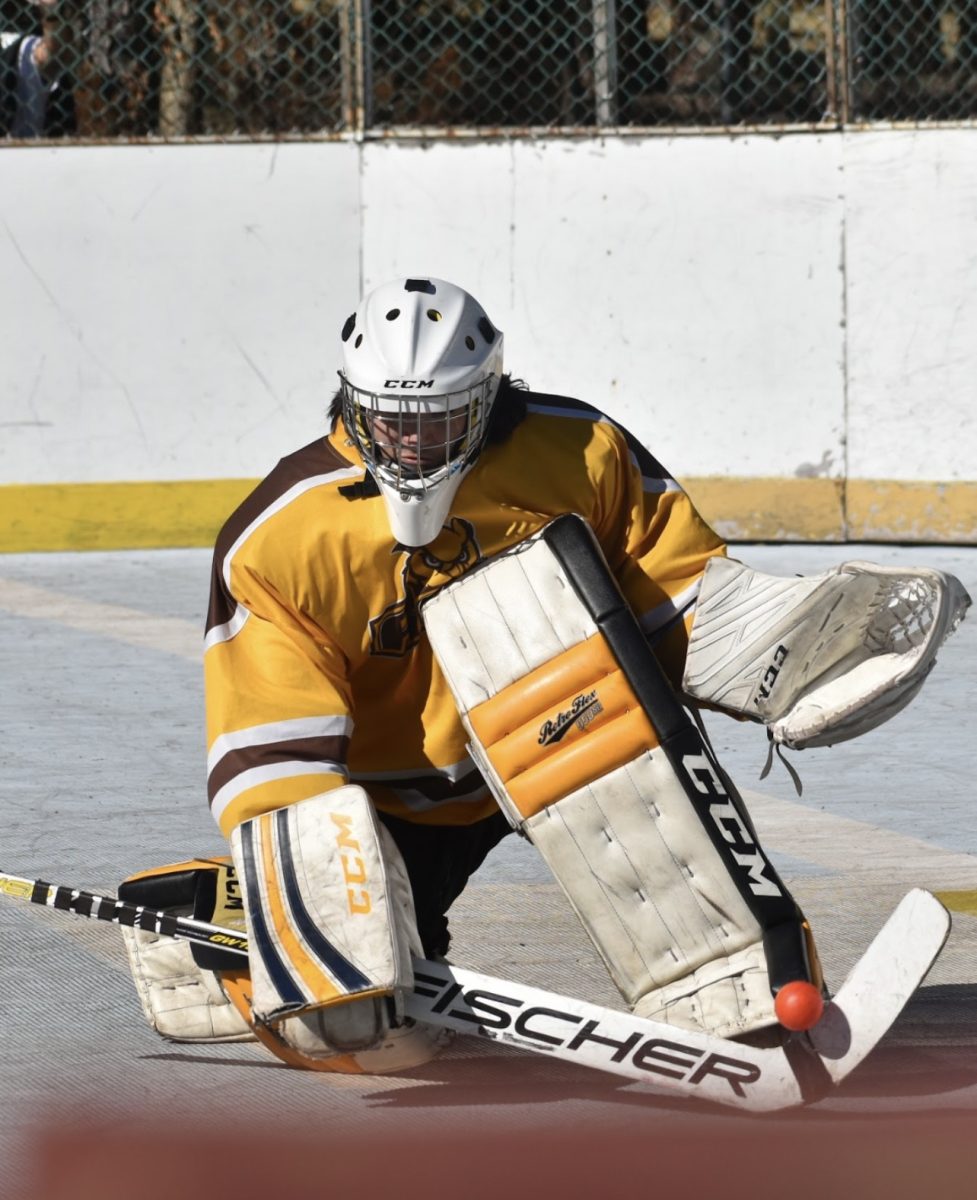During his time studying mechanical engineering, 2018 Rowan graduate Steve Michetti came up with many project ideas.
One such project was an app that would keep track of your friends while they were out drinking and tell you how many they’ve had, something that could enable you to help them out if need be. The app would also make payment for drinks easier, with transactions carried out within the app.
As always, Michetti brought this idea to his friends, but it never panned out due to a lack of funding and logistic functionality.
But something different happened about five months ago when Michetti approached his friends with an idea that they thought could work.
Michetti is now the CEO of Bicoastal Labs along with CFO Greg Case, Lead Hardware Engineer Joe Messner, Lead Software Engineer Chris Angelini, and Lead Mechanical Engineer Steven Graham, all of whom are co-founders of the company and Rowan class of 2018 graduates.
The idea that started it all was a need for a safer way to conduct police stops. With the current method of police stops, there is fear on both sides of the situation; drivers who are pulled over fear police retribution for any move they make, and officers fear that any move the person in question makes may endanger them and become reactive.
“Coming from a technology background, we just thought there’s got to be a better way to do this,” Michetti said.
That’s where Bicoastal Labs comes in. The Rowan grads have developed an idea for a drone that will help during police stops. When a driver is pulled over, the officer will pilot a drone that deploys from the roof of their car to interact with them. The drone will be able to show how many people are in the car, as well as collect license and registration from the driver and return them to the officer still sitting in the squad car.
The goal is to prevent escalation of situations and create a safer way for officers and drivers to interact.
Currently, the team is working on creating a functional prototype. They have several ideas in the works but are hoping to solidify a viable option by the end of next month.
They are also looking to generate interest in their drone and get word out about it. They have begun reaching out to police organizations to see how their product will work in the field. Additionally, Bicoastal Labs hopes to gain support from their alma mater to generate more interest in their idea.
“We want to see if they have any interest in working with us, or if anybody at Rowan would be interested in this or knows anybody that’s interested,” Michetti said.
While everyone on the Bicoastal Labs team has other obligations, including full-time jobs and post-graduate education, they have designated Sundays and Wednesdays for official business meetings. Because Case lives in California now, while the rest of the team lives on the East Coast (their cross-country locations being the source of the company name), they conduct Zoom meetings to discuss logistics, plans for the week, and progress made.
Aside from these virtual meetings, the team communicates throughout the week on multiple platforms, including GroupMe, Discord, and Google Drive.
The five co-founders of Bicoastal Labs have been friends for years, graduating in the same class and having been in the same fraternity. One might think that the business could put a strain on their friendships; however, the group said it was the contrary — that their friendships have enabled them to have better working relationships.
“The way that we work…works perfectly, like the way that we are, because we all know each other’s strengths, we all know each other’s negatives,” Michetti said. “So we kind of work with each other through those things…I know who to give jobs to.”
He said this is the key to building a team: knowing your weaknesses and finding team members who are strong in those areas.
As far as advice goes, the team encourages Rowan students not to give up on their ideas, even if they don’t have the means or the knowledge to fulfill them right now. They recommend doing research and asking questions in order to make your ideas a reality. The team also emphasized the importance of connections in bringing your ideas to fruition.
Bicoastal Labs sees its product as a way to change police stops for the safety of everyone involved, a change they believe is sorely needed by the community.
For comments/questions about this story, email [email protected] or tweet @TheWhitOnline.

























































































































































!["Working with [Dr. Lynch] is always a learning experience for me. She is a treasure,” said Thomas. - Staff Writer / Kacie Scibilia](https://thewhitonline.com/wp-content/uploads/2025/04/choir-1-1200x694.jpg)









































